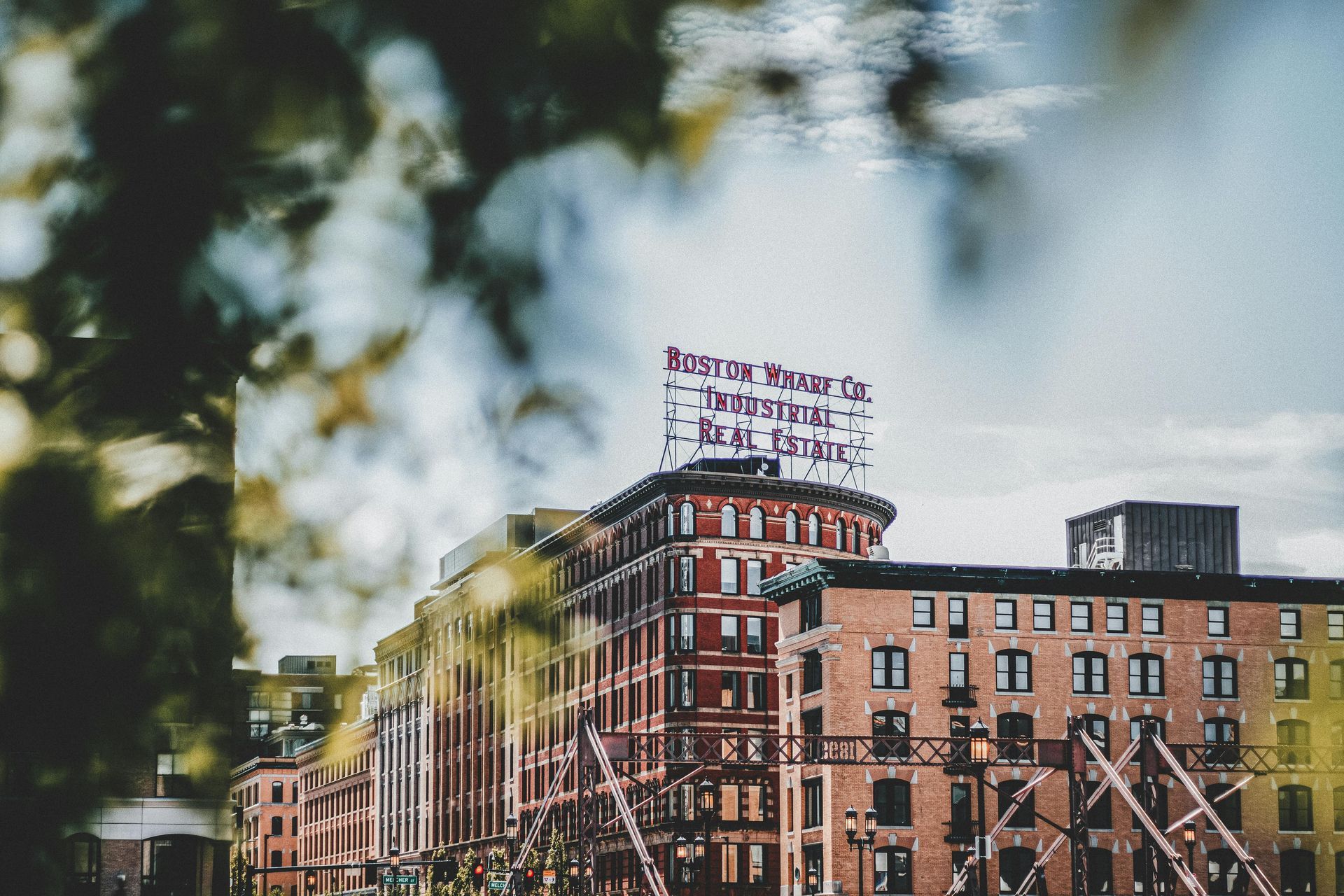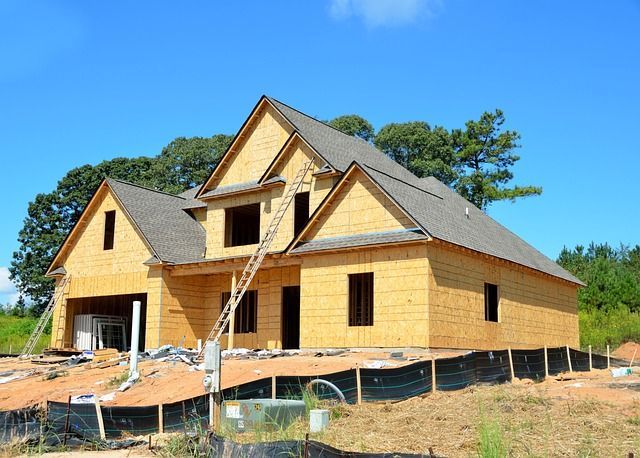or email bjoyce@grandcoastcapital.com

Boston’s real estate market has long been a goldmine for investors, but is it still a safe bet?

Boston’s real estate market has long been a goldmine for investors, but with today’s economic uncertainties—from rising inflation to soaring energy costs and high interest rates—many are asking: Is Boston real estate still worth it? Should you dive in, hold off, or explore other markets? Let’s dig into what makes Boston’s real estate market tick and whether it’s still a good place to park your money.
A Thriving City with Historic Growth
Greater Boston is home to over four million people, about 80% of Massachusetts' population. For decades, Boston’s real estate market has shown consistent growth in both property values and rental demand. Yet, recent economic trends, such as rising interest rates, have many wondering if the market’s upward trajectory will continue.
When interest rates rise, borrowing becomes more expensive. This usually cools demand and pushes prices down. However, Boston’s market seems to defy this logic. Interest rates surged so quickly that inventory levels dropped, keeping prices high despite reduced buying power. The question is, why?
The Supply and Demand Dilemma
One major factor is Boston’s limited housing supply. Development hasn’t kept pace with demand, and many homeowners are clinging to low-interest mortgages they secured years ago. This reluctance to sell tightens inventory, creating a market where high prices persist.
Strong Job Market Bolsters Real Estate
Boston’s job market plays a huge role in its real estate stability. The city boasts an unemployment rate of just 3%, far below the national average. Even during economic downturns, Boston’s diverse industries—technology, finance, healthcare, and education—keep its economy resilient. A steady stream of high-paying jobs attracts professionals who need housing, which fuels both rental and sales markets.
Historically, real estate markets soften when unemployment hits 6% or higher. But Boston hasn’t seen unemployment above 6% in nearly a decade, pandemic aside. Today’s low unemployment rate supports rising wages, which further props up real estate prices.
High Prices: A Challenge or an Opportunity?
There’s no sugarcoating it: Boston real estate is expensive. But “too high” is subjective. The city’s robust economy, world-class universities, and status as a global innovation hub make it an attractive investment for both domestic and international buyers.
Despite high property values, Boston remains appealing because of its potential for rental income and appreciation. International investors, drawn by the stability of U.S. markets, continue to pour money into Boston. This trend may further drive demand and sustain high prices.
Cash Flow and Appreciation
While entry costs are steep, Boston real estate often delivers high returns. Rental rates are significantly above the national average, and appreciation rates rank among the best in the country. Low vacancy rates and strong demand make Boston an excellent market for generating passive income.
For savvy investors, the key is finding value-add opportunities—properties that can be upgraded or repositioned for higher returns. Thoughtful renovations can unlock significant wealth, even in a high-priced market like Boston.
The Housing Bubble Question
Some worry that Boston’s market could be in a bubble. But bubbles usually form when supply exceeds demand, and that’s not Boston’s problem. Limited land, strict zoning laws, and community opposition to large developments constrain supply. Add in Boston’s economic strength, and a major market correction seems unlikely.
Looking Ahead
Boston’s real estate market faces challenges—rising interest rates, high construction costs, and inflation. But its strong job market, limited inventory, and global appeal create a foundation for long-term stability and growth. While changes in energy policy or significant rate cuts could shake things up, the fundamentals suggest that Boston remains a solid investment choice.
Final Thoughts
Boston’s real estate market may not be for the faint of heart, but for those who can navigate its complexities, the rewards can be substantial. Whether you’re looking for appreciation, cash flow, or both, Boston offers unique opportunities that few other markets can match.
If you’re considering an investment in Boston real estate, do your homework. Look for value-add deals, analyze local income trends, and consult with experts who know the market inside and out. With the right approach, Boston real estate can still be a winning investment in 2024 and beyond.

Fast, Reliable Hard Money Lending
email:
bryan@rf-boston.com
tel no: (207) 752.0107
Designed by Mystic Media Dot com


